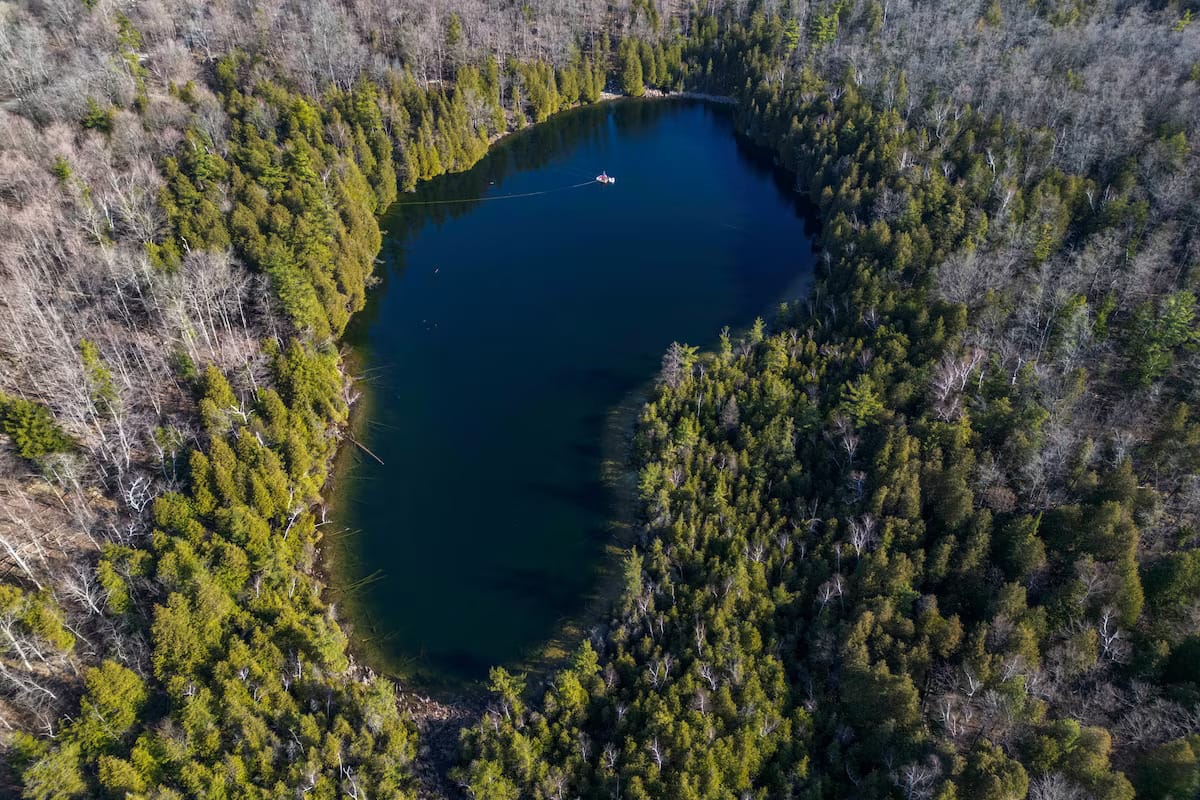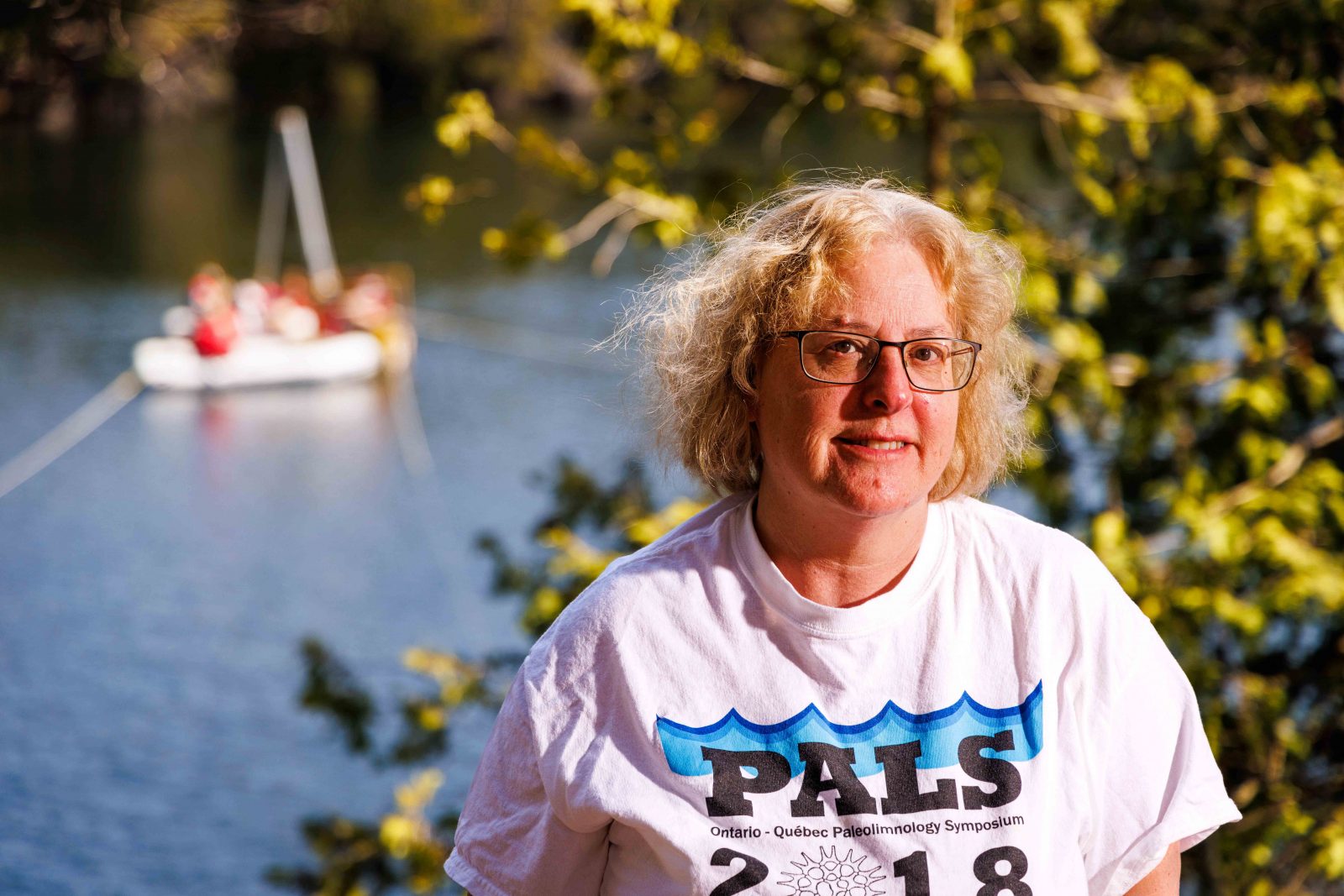
Core Stories in the Anthropocene
When: October 16-18, 2024
Where: Art Department and Earth and Environmental Science @ University of Illinois at Chicago, if you are interested please contact: info@anthropocene-lab.com
Join us for a three-day workshop at UIC, organized by the Anthropocene Lab and the Department of Earth and Environmental Sciences. With our guest Professor Francine McCarthy, this workshop will focus on analyzing core samples, discussing climate change, and exploring the depth of the Anthropocene in Chicago. Through hands-on study and collaborative discussions, we will deepen our understanding of how human activity has shaped the local environment over time.
schedule:
Wednesday Oct 16: 10 am @ Northwestern University, visit Yarrow Axford's lab, Professor in Geological Sciences, Northwestern University, with PhD Students Bailey Nash, Mia Tuccillo, Aidan Burdick, Northwestern University, Dept. of Earth and Planetary Sciences. Hogan Biological Sciences building at Northwestern @ 2205 Tech Drive Evanston, IL 60208.
afternoon: field work: core sampling with PhD Students Bailey Nash, Mia Tuccillo, Aidan Burdick, Northwestern University, Dept. of Earth and Planetary Sciences
Thursday Oct 17: 1:30 pm Francine McCarthy lecture at Earth and Environmental Science, 842 W. Taylor St., Science and Engineering Labs East (SELE), room # 1280 SELE, UIC
5:00 pm Panel discussion with Francine McCarthy and special guests Julia Kim-Cohen, Ph.D., Department of Psychology and Roy Plotnick Professor Emeritus, UIC organized by AL members, Huda Aishath, Bert Geyer, Kasia Majchrowicz-Wolny, Justyna Wasik, Billy Tucker, Beate Geissler, Omur Harmansah moderator Prof. Ralph Cintron, UIC, Art and Exhibition Hall, 5 Floor, 400 South Peoria Street, IL 60607
7:00 pm dinner created by Adrian Ricardo Castellanos
Panel description: There are many reasons why people want to know what lies under the surface of the earth; some search for resources, others plan urban development, or assess the condition of the environment. Coring is a technique used in geological, environmental and engineering surveys that provides data about the structure and history of the earth’s layers. Francine McCarthy’s core samples taken from Crawford Lake have shown a location where the next geological marker, called a golden spike, could be placed to mark the beginning of the Anthropocene, a new geological epoch signaling climate change as one of the anthropogenic changes in Earth systems. However, earlier this year, the Subcommission on Quaternary Stratigraphy voted against this proposal. In this panel, we look at core samples as sources of information turned into stories of places and people. We look at the Anthropocene as a story that ruptured without sanction and wants to be heard. This story has density and depth; it is curated and eclectic, embodied in the roar of wildfires and quiet rising of tides, written into heterogeneous flesh, and a burden to the mind. How do we tell core stories? To whom and why?
with the support of: Institute for Environmental Science and Policy, Institute for the Humanities, UIC School of Art & Art History National Endowment for the Humanities Grant CLI-293582-24 "Building Climate Resilient Spaces for the Humanities: UIC’s Jane Addams Hull-House Museum & Gallery 400 as Sites of Heritage Justice", UIC Sustainability office,
Francine McCarthy is a micropaleontologist who is interested in paleoenvironmental reconstruction, primarily using acid-resistant organic walled microfossils – pollen and non-pollen palynomorphs. Her research has spanned small lake to abyssal marine environments and everything in between, primarily at mid-latitudes in the Northern Hemisphere. Her interdisciplinary research has been conducted in collaboration with several geologists, biologists, geographers, and archeologists from government, university, and the private sector. She has been on the executive of several organizations, including current membership on the board of the International Association for Great Lakes Research.
